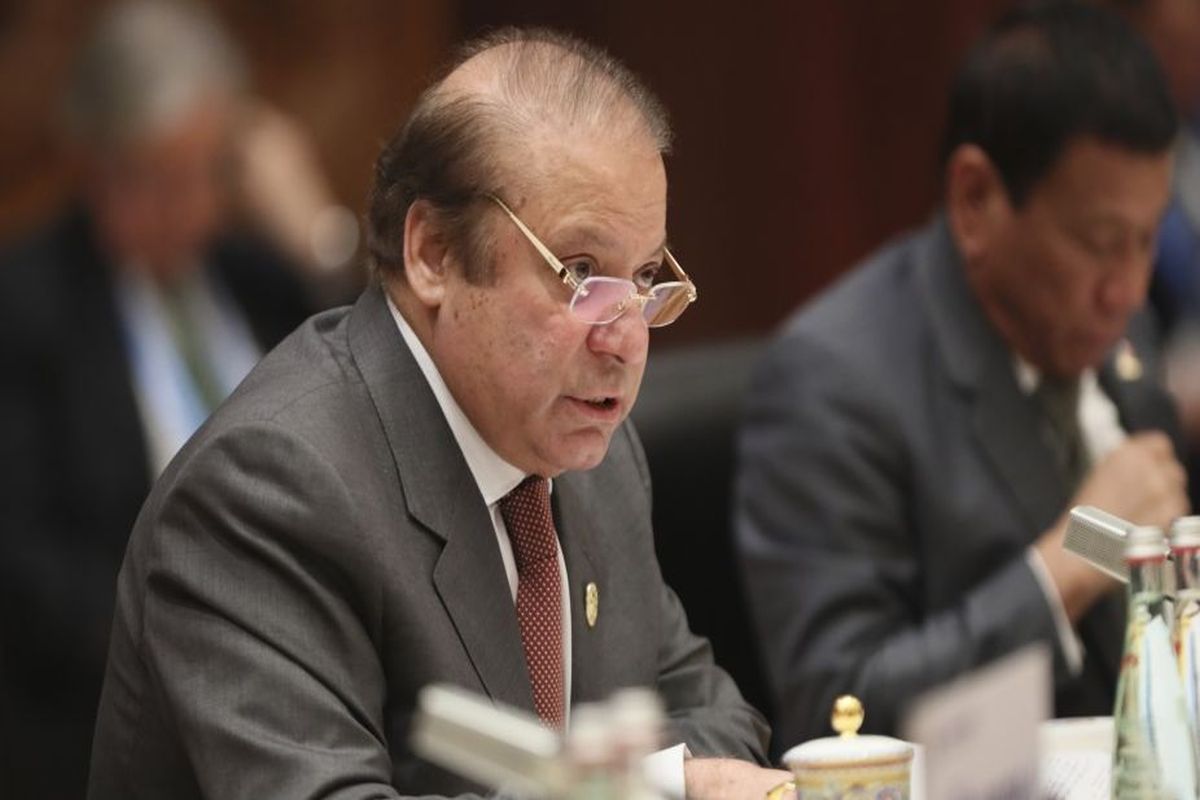Delivered less than he promised
Belying expectations, the outgoing Chief Justice of India has left behind a mixed legacy, says ASHOK KAPUR
Sharif had been granted bail on medical grounds by the apex court on March 26 for six weeks. On April 25, he had submitted a review petition in the apex court seeking permanent bail. His bail is set to expire on May 7.

Nawaz Sharif (Photo: IANS)
Pakistan’s Supreme Court on Friday rejected a petition by former Prime Minister Nawaz Sharif for an extension of the six-week bail granted to him earlier on medical grounds in a corruption reference.
A three-member bench headed by Chief Justice Asif Saeed Khosa also rejected the three-time Premier’s plea to allow him to travel abroad for treatment, Geo News report.
Advertisement
Sharif had been granted bail on medical grounds by the apex court on March 26 for six weeks. On April 25, he had submitted a review petition in the apex court seeking permanent bail. His bail is set to expire on May 7.
Advertisement
The Chief Justice said the court had given Sharif six weeks bail to seek life-saving treatment but the entire bail duration had instead been spent conducting tests to ascertain the state of the Pakistan Muslim League – Nawaz leader’s health.
“We gave him six weeks bail – as recommended by five medical boards and 31 doctors – for angiography, but the time was spent conducting evaluations and tests,” said Justice Khosa.
He added that the conduct of “the petitioner shows there is no imminent threat to his life and the plea is based more on apprehensions”.
The Chief Justice said that new medical reports did show that Sharif’s health was worsening and not improving, but added that it was possible for him to be treated in prison as the superintendent would be empowered to send him to hospital as and when required.
Justice Khosa also said that the apex court cannot review its order on the basis of new medical reports regarding Sharif’s health.
“Anyone who applies for bail on medical grounds claims their life is in danger. If that route is taken, the review will become an unending process,” the judge said.
Sharif now has to surrender to jail authorities on Tuesday. He has been serving a seven-year prison term at Lahore Kot Lakhpat Jail since December 24, 2018, when an accountability court convicted him in one of the three corruption cases — Al Azizia Steel Mills corruption reference — filed in the wake of the apex court’s July 28, 2017 order in the Panama Papers case.
He was sentenced last year after the ruling that Al-Azizia Steel Mills — a Saudi Arabian firm carrying the name of Sharif’s son — belonged to Sharif who could not clarify how the project was funded.
Advertisement